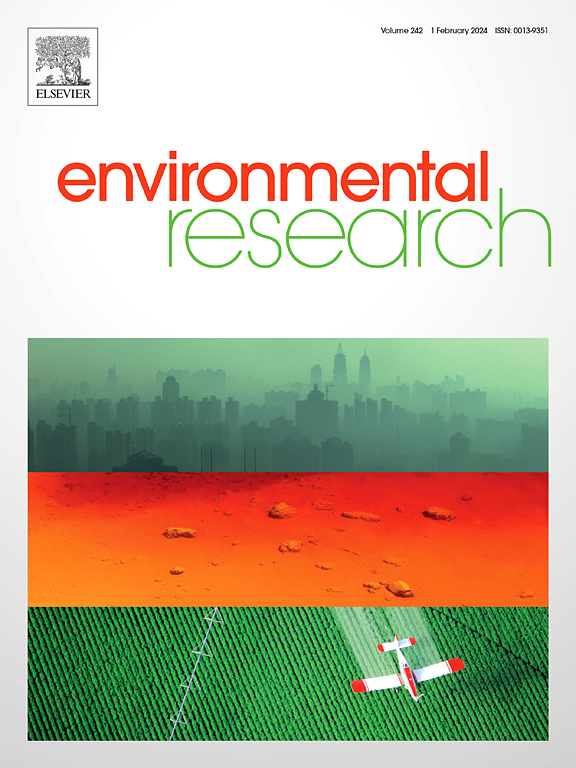Synergistic Effects of Ocean Acidification and Sulfamethoxazole on Immune Function, Energy Allocation, and Oxidative Stress in Trochus niloticus
Abstract
Ocean acidification, a major consequence of climate change, poses significant threats to marine organisms, particularly when combined with other environmental stressors such as chemical pollution. This study investigated the physiological responses of Trochus niloticus to a 28-day exposure of ocean acidification and/or sulfamethoxazole, a commonly detected antibiotic in the South China Sea. Exposure to either acidification or sulfamethoxazole individually triggered adaptive responses through immune activation, antioxidant reactions, and metabolic adjustments. However, concurrent exposure resulted in significant adverse effects, including compromised immunity, oxidative damage, and disrupted energy budget. These findings provide new insights into how ocean acidification interacts with antibiotic pollution to synergistically impact marine gastropods, suggesting that multiple stressors may pose greater threats to T. niloticus populations than single stressors alone.





